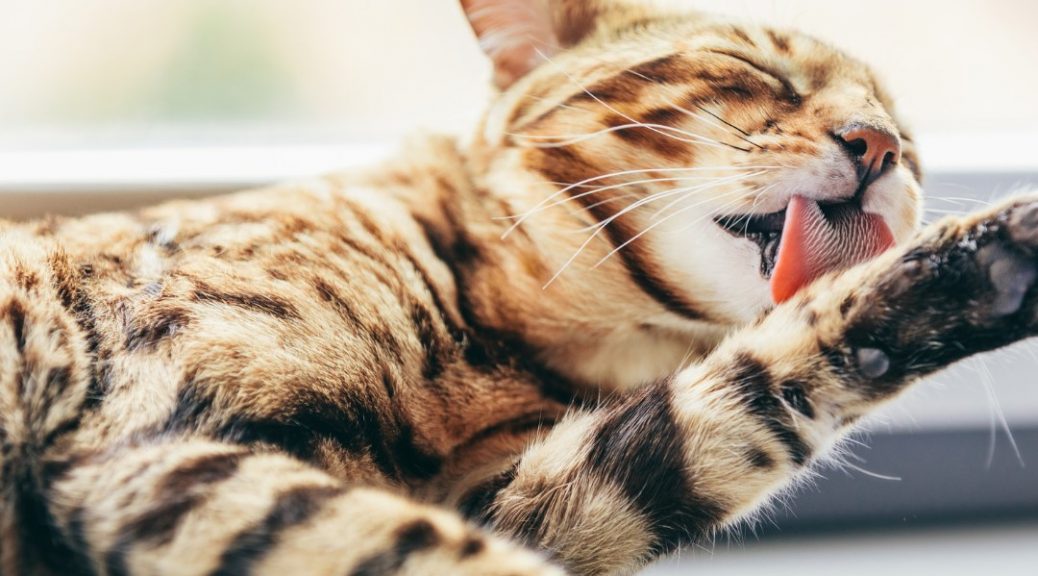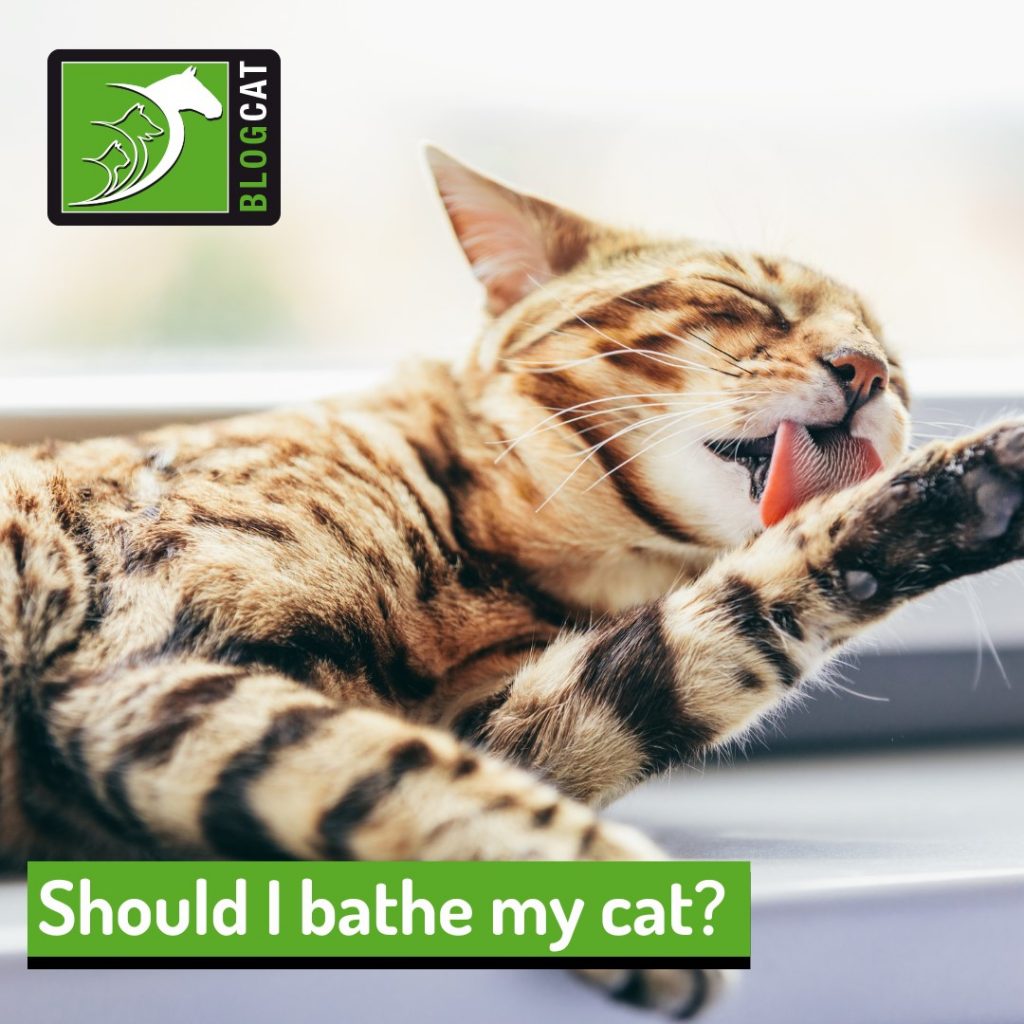If this is your first time owning a cat, especially if you’ve been a dog owner of a breed with considerable grooming needs, you might be asking yourself: “Does my cat need to be bathed regularly?”.
Domestic felines descend from wild cats of dry, warm climates and are not known for appreciating water very much. While some feline friends might adore water, generally this is a distressing experience for most cats and, because they are great at keeping themselves clean, it’s not likely you will need to put them in the tub frequently.
Keep reading to learn all about the dos and don’ts of feline grooming and hygiene!
Do cats really clean themselves?
Cats spend a huge amount of time during the day grooming their fur and, if they live with other cats, they might also groom each other. Because of this, our feline friends tend to keep themselves far cleaner and tidier than dogs. This means that, for the most part, you won’t need to worry about bathing them regularly.
In fact, as we mentioned above, they are not likely to appreciate being in contact with a lot of water and might react badly to any attempts to do so. If you include having to be washed with shampoo and then doused with water again, it can be a very stressful experience for them!
Most breeds also have fur that feels rather uncomfortable when wet, meaning that they might not like to have damp fur whilst it is drying.
While bathing is often not a concern for your cats, a good regular brushing (especially for breeds with long or dense hair) and ear or eye cleaning as needed can do wonders for their overall hygiene. Even more particular cats will likely appreciate your help removing loose fur, skin particles, or eye secretions.
When does my cat need bathing?
Even though grooming and cleaning is a big part of your cat’s life, he or she might get into situations that could lead to you having to intervene directly on his or her hygiene.
Here are some of the most common reasons why bathing your cat might be needed:
- He or she is very dirty or has something on his or her coat (like grease, paint or anything else that might be dangerous) that needs to be removed;
- Your vet has recommended regular bathing for a health condition (often with a medicated shampoo) such as infections or allergies;
- He or she is no longer capable of doing his or her grooming, for instance, due to old age or difficulty moving.
If you’re unsure if you need to clean your cat or don’t know how, it’s best to contact your vet for advice. In case you suspect your cat might have got into something toxic or dangerous, don’t delay—talk to your vet as soon as you can so you know what to do next!
What’s the best way to clean my cat?
In case your pet does need a little help cleaning his or her body and he or she is not a big fan of water, it might be better to start with pet-safe wet wipes or a damp cloth.
If you need a full soak, it’s best to find a cat-friendly shampoo that won’t irritate sensitive feline skin, use the least amount of warm water possible, and have a nice, cosy spot without draughts where he or she can rest while drying completely.
Some animals might require regular bathing for the rest of their lives and, in these cases, you can try to get them used to the process by starting gently and rewarding them every step of the way while you work to get them used to and happy being in the water.
In summary:
- Cats are very thorough at cleaning themselves and won’t generally appreciate being dunked in water;
- If he or she is unable to groom adequately, has certain health issues and your vet has suggested medicated baths, or has got dirty with something difficult to clean, you might need to bathe him or her;
- While it’s very rare for your cat to need a bath, he or she will need regular brushing and, every once in a while, might need his or her ears and eyes cleaned.
Would you like to know more about cats? Check our Feline Courses:cons-feline.jpg” width=”100%” />


